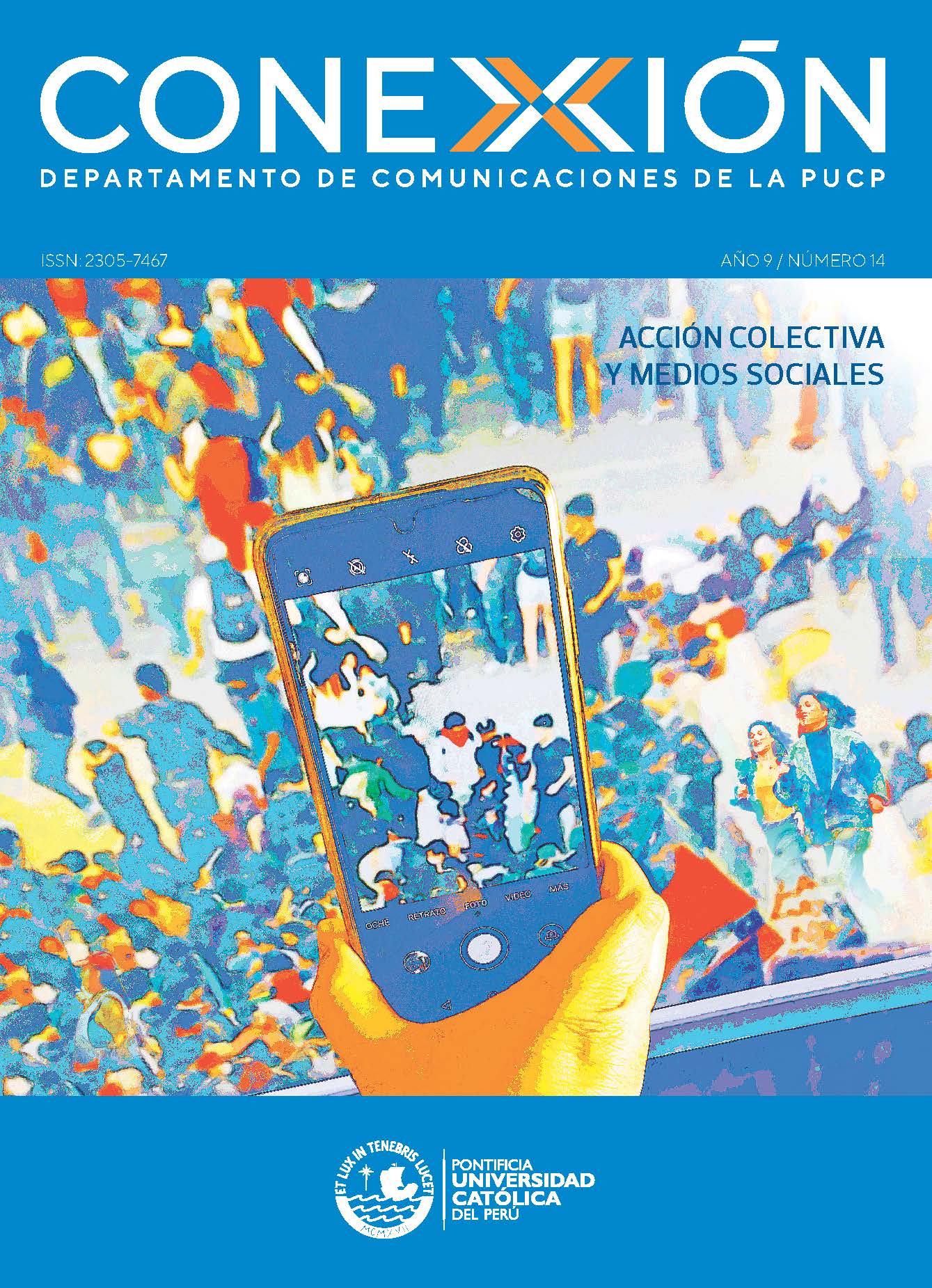El discurso del movimiento LGBTI en Ecuador: usos del lenguaje y la tecnología en momentos de campaña electoral
DOI:
https://doi.org/10.18800/conexion.202002.004Palabras clave:
Género, campañas digitales, colectivos, contradiscurso, LGBTI, eleccionesResumen
En este artículo, se analizan dos estrategias comunicacionales digitales de colectivos LGBTI durante la campaña electoral ecuatoriana de 2017. Se estudian las prácticas discursivas de estos públicos subalternos, su apropiación de la tecnología y su accionar político en la esfera digital. En el análisis, se consideran las expresiones, los estilos y los espacios discursivos que usan estos colectivos para discutir sus demandas desde lo digital. Una mirada optimista considera que la tecnología y las redes digitales han permitido el aumento de formas de participación y una mayor visibilidad de los movimientos LGBTI en Ecuador. Desde una mirada menos optimista, se cuestiona si estos canales constituyen una vía adecuada y suficiente de participación e influencia política. Metodológicamente, nos centramos en el estudio de las formas de poder que atraviesan los discursos. Nos preguntamos: ¿qué temas se tratan en estos discursos digitales y cómo, y qué queda excluido de ellos? ¿Qué estrategias se ponen en juego en estos contradiscursos? Finalmente, desde el enfoque de la acción colectiva, se plantean las complejidades de los públicos subalternos y su potencial emancipatorio en un contexto de campaña electoral.
Descargas
Publicado
Cómo citar
Número
Sección
Licencia
Derechos de autor 2024 Conexión

Esta obra está bajo una licencia internacional Creative Commons Atribución 4.0.














